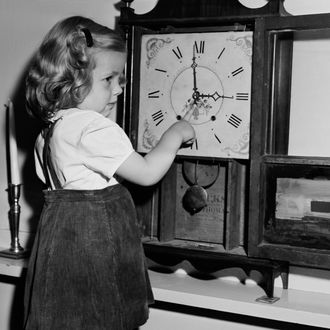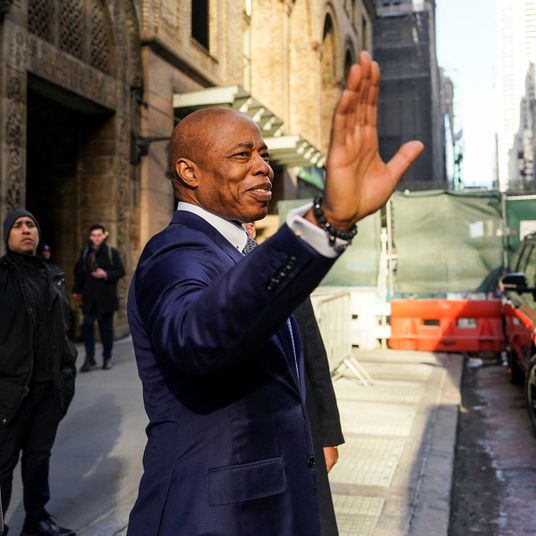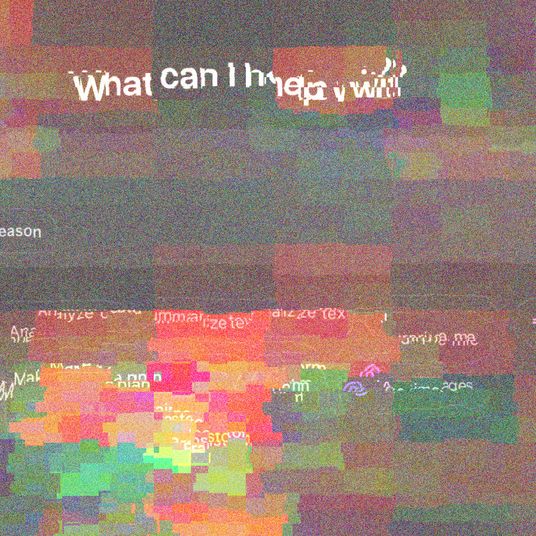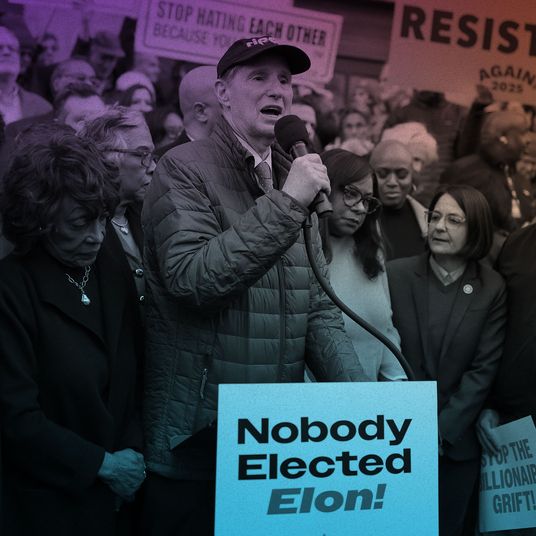
Because the Earth’s rotation slows ever so imperceptibly, the very important-sounding International Earth Rotation and Reference System adds a second to the year every so often to make sure atomic clocks match up with the sun. There have been 25 total since 1972; tonight will feature the 26th.
At around 8 p.m. EST, Tuesday will elongate by one second, helping the children of the world avoid bedtime for a moment longer, but otherwise probably going unnoticed.
Unless, of course, that intruding second ends up accidentally causing a Dwayne Johnson summer-blockbuster-size amount of pain for computers. The world last got a leap second on a weekend in 2012. Computers were very confused by the time change, several websites — Reddit, Gawker, Amazon, LinkedIn — crashed for a bit, and an Australian airline was forced to delay dozens of flights because of computer problems.
Today marks the first time since 1997 that a leap second has been added on a weekday, and companies and markets have responded by preparing Y2K-style, i.e., freaking out probably more than necessary and making intensive plans to prepare. Stock markets in the U.S. will end after-hours trading early — about $4.6 million worth of stocks are traded every second in the world, according to Bloomberg. Google is splitting the second up into even smaller fractions of time and spreading them throughout the day tomorrow.
If you don’t run a website or app or stock market worth inconceivable amounts of money, don’t even think about reprising Y2K anxiety. Savor the second. John Oliver recommends that you spend the leap second at his website SpendYourLeapSecondHere.com.
Here are some ideas from brands on how to spend your leap second that double as reasons why the leap second should be eradicated.
And you’d best enjoy it — it could very well be the last leap second you’ll ever experience. The International Telecommunication Union will decide this November whether the leap second should be abolished and if it really matters whether the sun is overhead at noon or 1 p.m. at the World Radiocommunication Conference in Geneva. Demetrios Matsakis, chief scientist for Time Services at the U.S. Naval Observatory, told The Atlantic earlier this year that it wouldn’t be the end of the world if time changed, very much like language and culture have changed over millennia.
“Almost no one can read Chaucer,” Matsakis says, but we don’t freak out about it. Instead, we understand language to be one of those systems that has shifted imperceptibly over the centuries. In 600 years, when scholars translate texts from before the 21st century, they will just know that—in addition to translating or annotating monetary values so they make sense for contemporaneous readers—“noon” needs to become “1 p.m.”
Such a slow shift over time would be worth it, Matsakis said, for all the network failures it would prevent.
If, on the other hand, you’re too worried about the leap second ushering in the end of the internet and computers and clocks forever, these still-relevant Y2K tips from The Onion may prove useful — if a tad dated:
Stock up on canned goods, paper bags, packages of Jell-O, small cardboard boxes and Reader’s Digest back issues, or simply move in with an elderly person.
Memorize Lou Bega’s “Mambo No. 5” now, so you can continue to enjoy it after there are no radio stations. …
Develop the ability to convert sunlight into energy using the chlorophyll in your body. …
In charge of a fringe church or militia? This may be the big break you’ve been waiting for. …
If disaster strikes, it’s God’s wrath–quote the Old Testament. But if nothing happens, God is merciful — quote the New Testament.





























